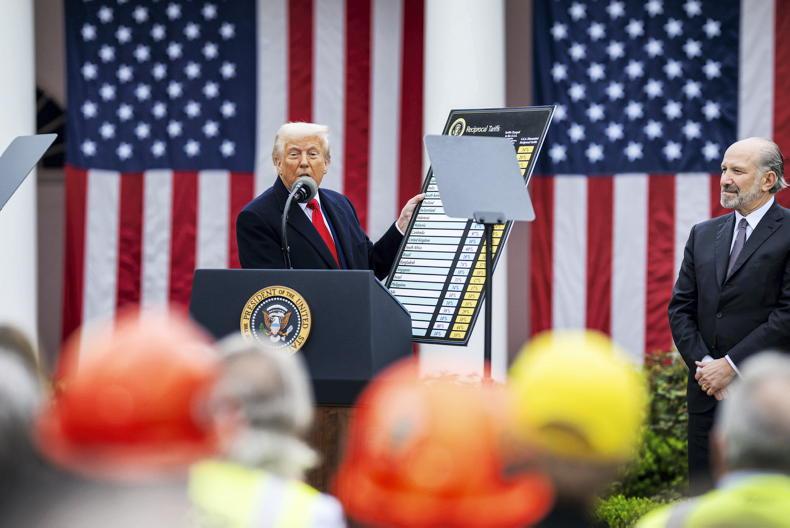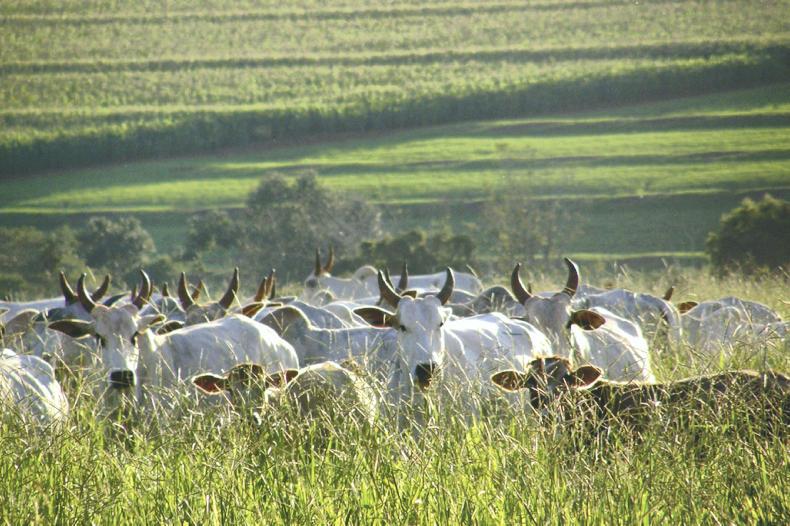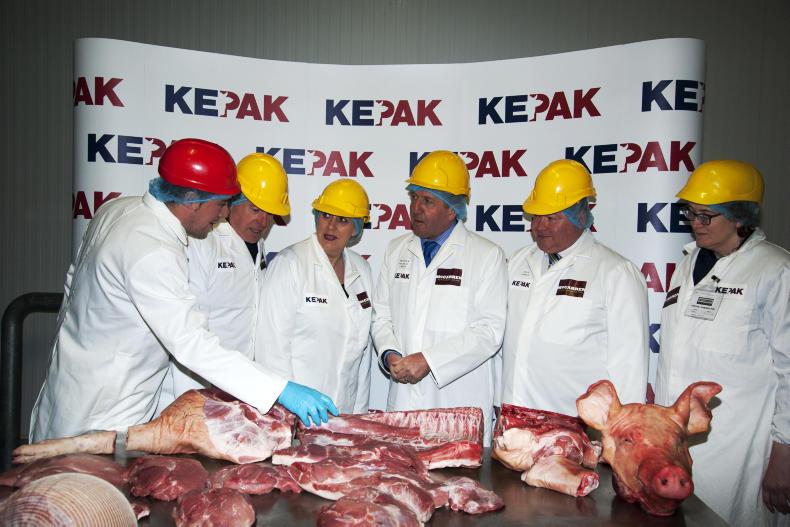Iran was found in January to have met its internationally agreed nuclear requirements. The resulting removal of economic sanctions is expected to result in Western products reappearing on Iranian shelves.
Although red meat was not directly placed under sanction, exports to Iran have been curtailed by the lack of general trade relations between Tehran and the west. The British marketing body AHDB Beef and Lamb notes that the normalisation has brightened prospects, though it is expected government policy in Iran will have an impact on future levels of red meat imports.
Meat consumption
Iran has a population of 80m people and had a GDP of €376bn in 2013.
As Iran is not a member of the World Trade Organisation, import tariffs could also have an effect. However, there hasn’t been a large growth in red meat consumption.
This trend contrasts with the increase in poultry consumption to meet the increase in demand for animal protein, AHDB observed.
BSE ban
There was a 17-year ban on Irish beef imports into Iran. The restrictions were imposed in 1996 by the Iranian government due to fears surrounding BSE at the time. A veterinary delegation from Iran lifted the ban three years ago, paving the way for a bilateral veterinary health certificate (VHC). Bord Bia recently declared the Iranian market for Irish beef and sheepmeat as officially open.
Prior to the beef ban, the Iranian market was a significant market for Ireland. In 1995, the year before the BSE ban, Ireland exported 25,000t of beef to Iran. The beef market that year was worth Ir£45m for Irish exporters.
At the time more Irish beef was exported there than to Italy, the Netherlands, Germany or Sweden.
Contracts with Iran were examined as part of the Beef Tribunal.
Read more
Beef trends: Weekly kill eases back
Heifers on a par with steers at Ballinasloe mart
Iran was found in January to have met its internationally agreed nuclear requirements. The resulting removal of economic sanctions is expected to result in Western products reappearing on Iranian shelves.
Although red meat was not directly placed under sanction, exports to Iran have been curtailed by the lack of general trade relations between Tehran and the west. The British marketing body AHDB Beef and Lamb notes that the normalisation has brightened prospects, though it is expected government policy in Iran will have an impact on future levels of red meat imports.
Meat consumption
Iran has a population of 80m people and had a GDP of €376bn in 2013.
As Iran is not a member of the World Trade Organisation, import tariffs could also have an effect. However, there hasn’t been a large growth in red meat consumption.
This trend contrasts with the increase in poultry consumption to meet the increase in demand for animal protein, AHDB observed.
BSE ban
There was a 17-year ban on Irish beef imports into Iran. The restrictions were imposed in 1996 by the Iranian government due to fears surrounding BSE at the time. A veterinary delegation from Iran lifted the ban three years ago, paving the way for a bilateral veterinary health certificate (VHC). Bord Bia recently declared the Iranian market for Irish beef and sheepmeat as officially open.
Prior to the beef ban, the Iranian market was a significant market for Ireland. In 1995, the year before the BSE ban, Ireland exported 25,000t of beef to Iran. The beef market that year was worth Ir£45m for Irish exporters.
At the time more Irish beef was exported there than to Italy, the Netherlands, Germany or Sweden.
Contracts with Iran were examined as part of the Beef Tribunal.
Read more
Beef trends: Weekly kill eases back
Heifers on a par with steers at Ballinasloe mart









SHARING OPTIONS